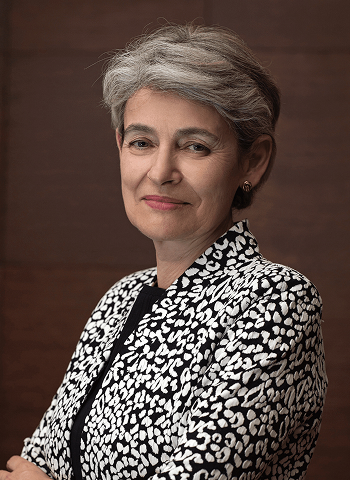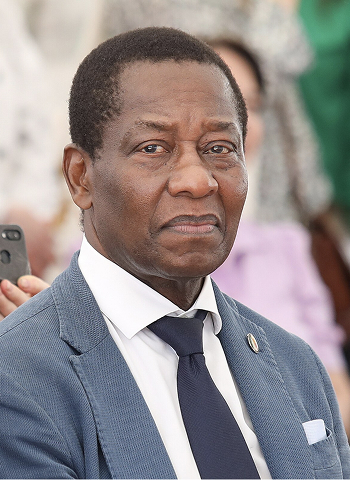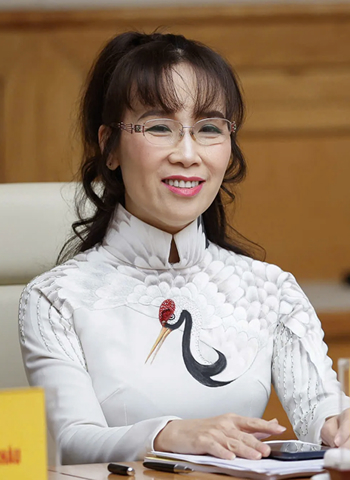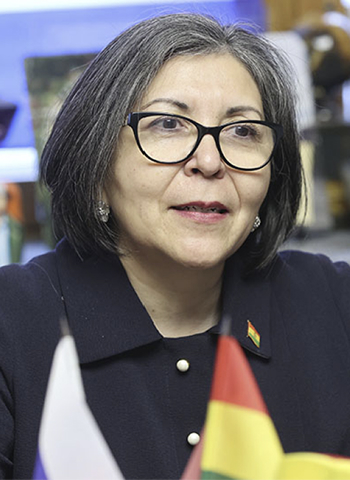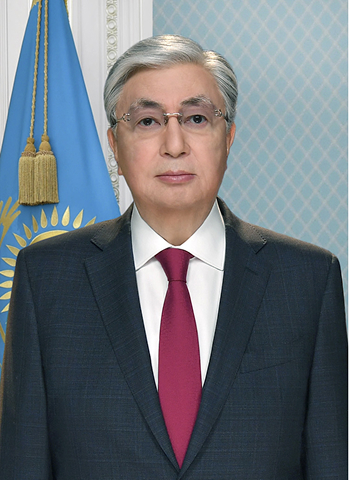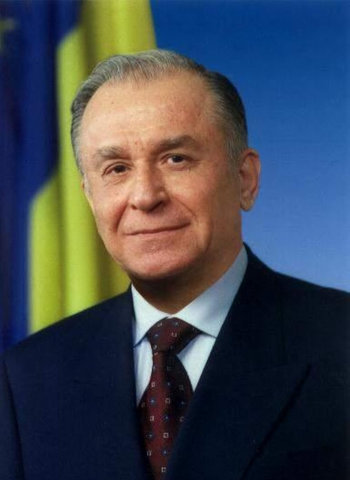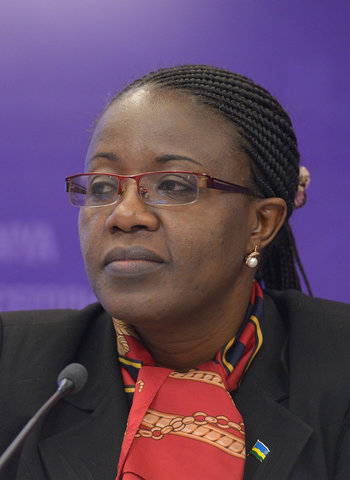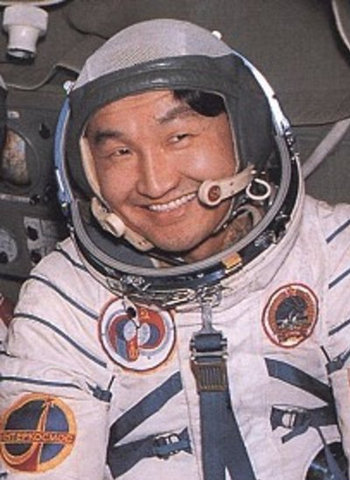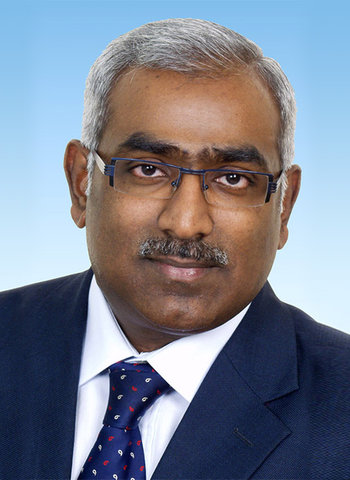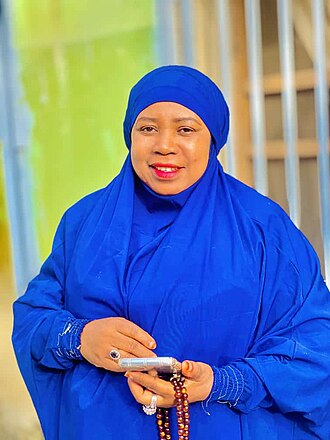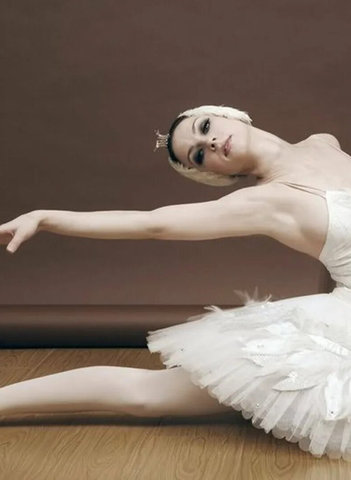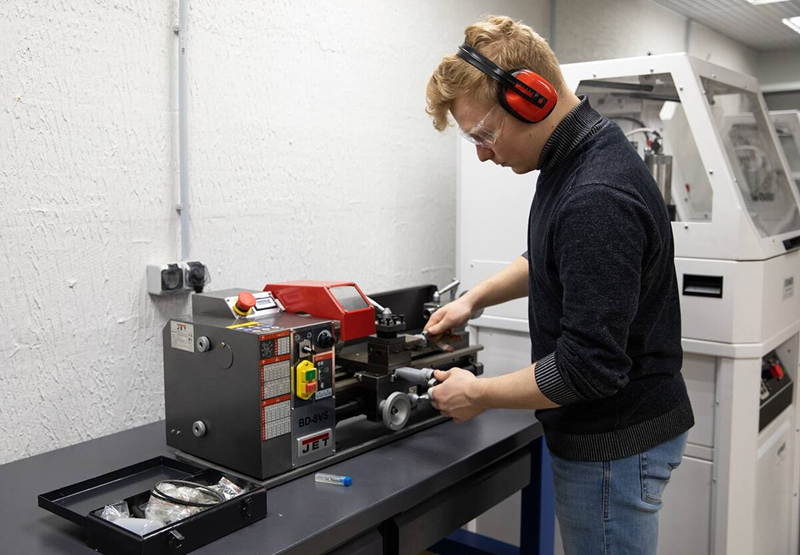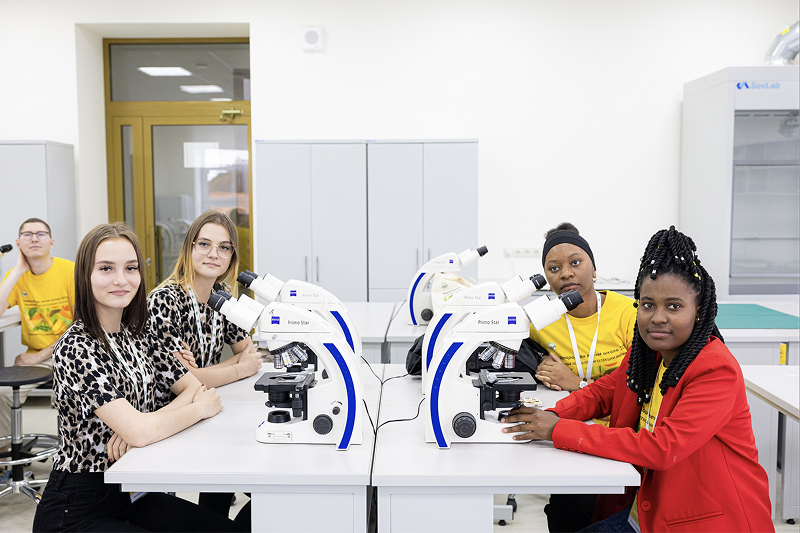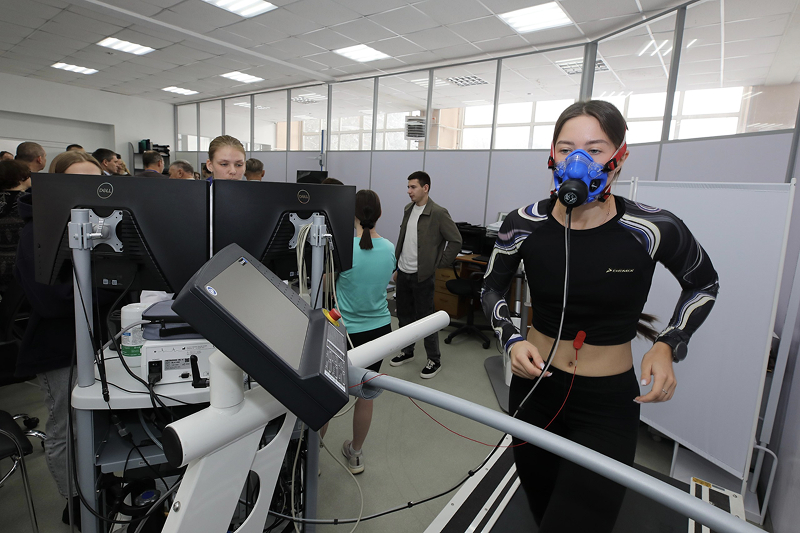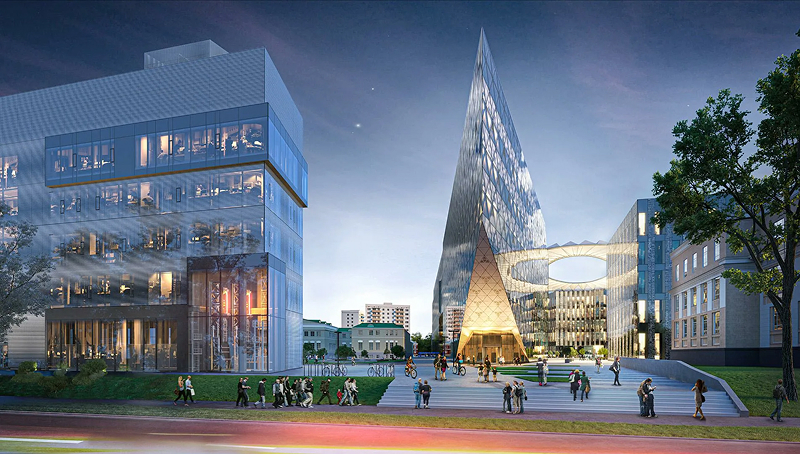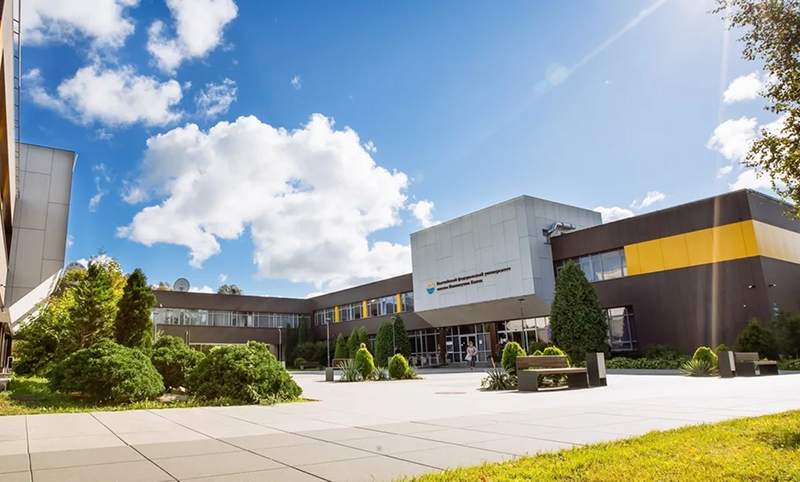Education
Higher education in Russia
Higher education in Russia is an investment in your future. Graduates of Russian universities are valued worldwide. You will be able to obtain quality knowledge that will help you enter the labor market and achieve success in your work.
Outstanding graduates
Recognition of diplomas
Receipts under the quota of the Government of the Russian Federation
To get into the quota of the Government of the Russian Federation and study for free, you need to go through the following stages:
- Register in the superservice «Education in Russia»
- Receive an invitation to the selection in your country and pass it
- Find yourself on the website in the list of candidates for the second stage of selection
- Wait for an email about opening access to your personal account on the portal
- Track the application status in your personal account on the portal
Admission to the Olympiads
In Russian universities, competitions are regularly held, the winners and prize-winners of which can be enrolled in the university without exams, study for free or at a discount
Information about such competitions can be found on the pages of universities or on the website of olympiads for foreigners
Admission under the general competition
Citizens of the following countries can act on par with Russians:
Residence permit in Russia is not required






A residence permit in Russia is required




Also, "compatriots" - Russians or their descendants who currently live abroad but historically have Russian or Soviet origin (born in the Soviet Union) can apply under the general competition together with Russian applicants. Applicants from this category must provide documents confirming the status of a compatriot (birth certificate).
Learning levels
Undergraduate
4 years of study, basic knowledge in the professional field. You can apply after school, having a secondary general education. Suitable if you want to quickly gain broad knowledge and start working.
Specialty
5-6 years of study, a narrower specialization. Suitable if you want to gain fundamental knowledge in a specific complex field. You can apply after school with a secondary general education.
Master's degree
2 years of study, in-depth training in the chosen field. Suitable if you want to deepen your knowledge, obtain a second qualification, or prepare for a scientific career. You can apply after a bachelor's degree or specialization, having a higher education.
Postgraduate (adjuncture)
3-4 years, in-depth training of scientific and pedagogical personnel, culminating in the award of a PhD degree. Suitable if you want to conduct research or teach at a university. You can apply after a specialty or master's degree, having a higher education.
Ordination
From 2 to 5 years, specialized training of medical and pharmaceutical workers. Suitable if you want to obtain a narrow medical specialty and engage in independent medical practice. You can apply after the specialty, having a higher education.
Internship assistant
2 years, deep training of specialists and teachers in creative specialties. Suitable if you want to become a teacher in a creative university. You can apply after a specialty, master's degree.
How universities develop
In Russia, there are state programs that promote the development of higher education. The program "Priority-2030" helps the 100 best universities improve the quality of education and conduct scientific research. Advanced engineering schools at universities prepare technical specialists for the most modern technological sectors of the economy. The federal project "Creating a network of modern campuses" finances the construction of 40 world-class campuses across the country.
Priority «2030»
The "Priority-2030" program is aimed at improving the scientific and educational potential of universities. The goal of the program is to create more than 100 progressive universities by 2030.
One of the program's tasks is to develop international cooperation. Thus, the Higher School of Economics is developing scientific and research ties with universities in the Asia-Pacific region and has opened an experimental school for students from Thailand, while the Russian University of Transport is holding International Transport Project Competitions for students. "Priority 2030" allows students to participate in world-class scientific research, for which all the necessary infrastructure is being created:
- 38new laboratories
- >80new educational programs,
- 10educational and scientific centers
- 24mobility programs with the best universities in Russia.
Advanced engineering schools

Russia has always been distinguished by the training of professional engineers in demand around the world. Today, in Russia, 50 advanced engineering schools operate on the basis of universities. Together with the largest technological companies, the schools prepare specialists for the industries of industry, transport, and agriculture.
Education at PISH is accessible to foreign students on a par with Russian ones. For example, a student of the Perm Polytechnic, Lantomey Wilfrid from Togo, studies at the Higher School of Aviation Engine Engineering and gains deep knowledge in the technical field.
Modern world-class campuses
Despite the high technical development of Russian universities, innovative world-class campuses continue to be built in the country. By 2036, 40 such spaces will be built. Five have already been built in Moscow, Kaliningrad, Chelyabinsk, Novosibirsk, and Nizhny Novgorod. The campuses should increase the attractiveness of Russian universities for foreign applicants.
Campuses will become a modern space where it will be convenient to study, do science, live, work, and raise children. On the territory of universities, the following will be available:
- cafe
- stores
- bank branches
- sports grounds
- dormitories
Everything necessary for life will be in one place, making the move to Russia more comfortable.
Language of instruction
Most educational programs in Russia are taught in Russian. Its can be learned before entering the university and start studying immediately with specialized subjects. There is also an opportunity to enroll in preparatory programs for foreigners at universities and learn Russian after moving to Russia. Usually, such courses last one academic year. Some Russian universities have educational programs in English and French. Information about them can be found on the university's website.
However, upon admission, you will still have to pass an exam in Russian, despite the fact that there will be no studies in it.
















